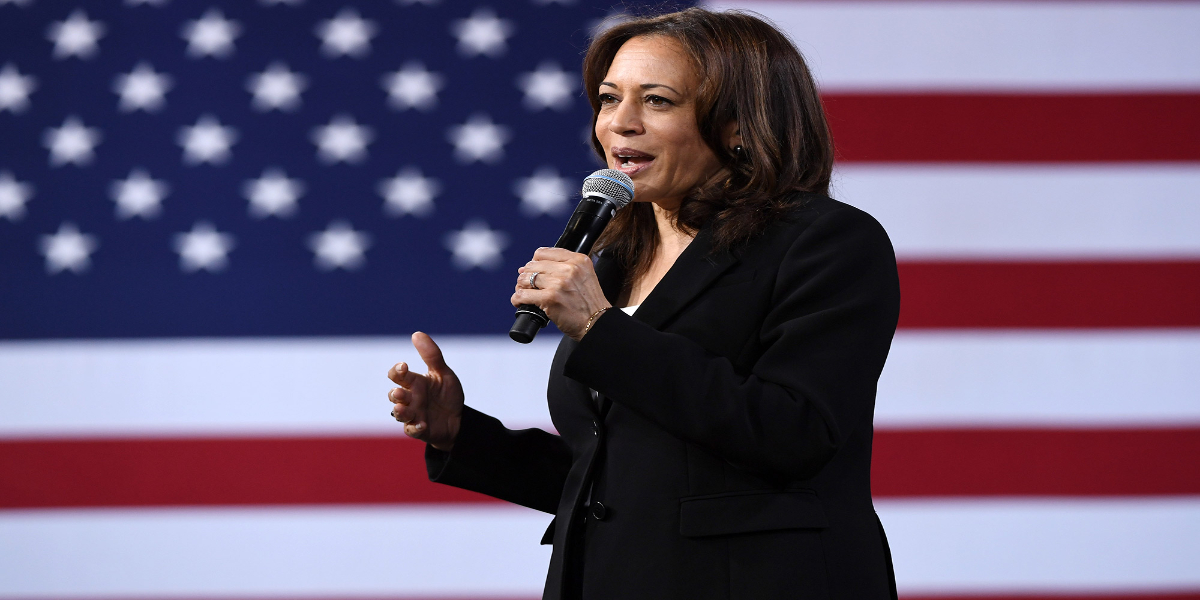U.S. Vice President Kamala Harris announced plans to support domestic manufacturers and invest in sectors that will shape the future, as part of her economic strategy aimed at strengthening the American middle class.
Speaking at the Economic Club of Pittsburgh in Pennsylvania, a key battleground state for the upcoming November 5 presidential election, Harris outlined her proposal to provide tax credits to U.S. manufacturers for upgrading or constructing factories and to increase the number of “good union jobs.” She also pledged to double the number of registered apprenticeships during her first term.
Harris committed to new investments in industries such as bio-manufacturing, aerospace, artificial intelligence, and clean energy.
Although her nearly 40-minute speech did not specify how these initiatives would be implemented, she contrasted her background as a single mother with that of Donald Trump, the wealthy son of a New York real estate developer. “Building a strong middle class will be the defining goal of my presidency,” Harris stated, framing the election as a choice between her vision and that of her Republican opponent.
As both candidates prioritize the economy in their campaigns, recent polling indicates that economic issues are top-of-mind for voters. The gap between rich and poor has widened over recent decades, with the percentage of American households classified as middle class declining from approximately 62% in 1970 to 51% in 2023, according to Pew Research.
Harris criticized Trump for being “only interested in making life better for himself and people like himself, the wealthiest of Americans.”
She expressed her commitment to collaborating with the private sector and entrepreneurs to enhance the middle class, identifying herself as “a capitalist” who believes in “free and fair markets.” Rather than adhering strictly to ideology, she characterized her policies as pragmatic.
Recent polling indicates that Harris has narrowed Trump’s advantage on economic issues, with a Reuters/Ipsos poll showing Trump leading by just 2 percentage points, down from an 11-point lead in late July. Trump responded during his economic plan speech in North Carolina by suggesting that Harris, as vice president, should take action to improve the Biden administration’s economic record. “Families are suffering now. So if she has a plan, she should stop grandstanding and do it,” he said.
While Trump has proposed broad tariffs on foreign goods—an idea supported by a slim majority of voters—Harris is focusing on providing incentives for businesses to maintain their operations in the U.S. The Biden administration has also emphasized the importance of boosting American manufacturing, particularly in sectors like semiconductors, and bringing back jobs that have been outsourced.
The Infrastructure Investment and Jobs Act, the CHIPS and Science Act, and the Inflation Reduction Act—all enacted in 2021 and 2022—allocate subsidies and tax incentives to encourage companies to invest in economically disadvantaged regions.

















